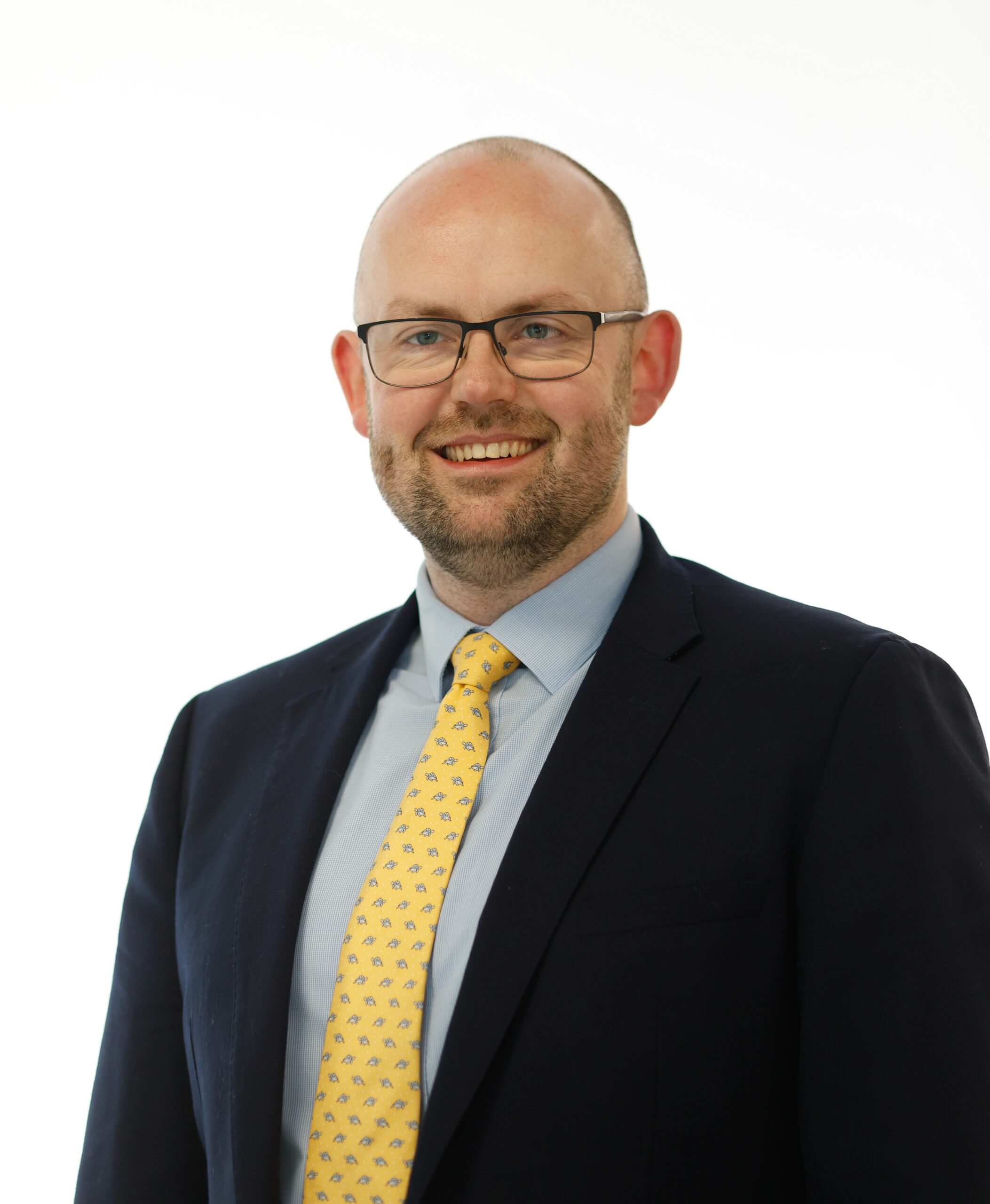
With breaches of humanitarian law in Ukraine, Gaza and Sudan now documented in real-time, the public are placing inter-governmental human rights organisations under intense scrutiny.
Here, Dr Andrew Forde explores the agency and authority of such organisations in protecting human rights in areas of conflict.
In 1948, the Universal Declaration of Human Rights proclaimed that “ [a]ll human beings are born free and equal in dignity and rights”. These rights are often described as being universal, in other words, applicable to everyone, everywhere, without distinction. Yet, every day we see armed conflicts contradicting this principle despite it being codified in international law, including in regional instruments such as the European Convention on Human Rights (ECHR).
At present, Ukraine, Gaza and Sudan are among the most prominent conflicts due to the widespread and egregious breaches of international human rights and humanitarian law being documented and disseminated in real-time. Unlike conflicts of yester-year where the horror of war only became apparent after the fact, in 2024 no-one can credibly plead ignorance. The problem isn’t one of awareness, it is apathy.
There are more than 100 conflicts ongoing worldwide. Their existence – exacerbated by inequality, climate change and populist nationalism – is the root cause of much of the world’s displacement. By mid-2023, 110 million people were forcibly displaced worldwide as a result of persecution and conflict, almost half of whom were children. Displacement not only separates families and ruins lives, it generates enormous additional risks including the risk of trafficking.
In Europe alone there are at least nine countries experiencing an active or legacy conflict on their territory, despite Europe boasting one of the most advanced international human rights systems under the framework of the Council of Europe. Examples include Transnistria in Moldova, Abkhazia and South Ossetia in Georgia, as well as Northern Cyprus and, to a lesser extent, Kosovo.
Closer to home, even after more than 25 years since the signing of the Good Friday Agreement, issues of accountability for state crimes remains a live issue. Conflicts cast a very long and dark shadow on societies.
So far from the public consciousness are many of the current conflicts that it went almost entirely unnoticed in 2023 when more than 100,000 people were forcibly – and probably permanently – exiled from Nagorno-Karabakh in Azerbaijan following a 10-month blockade that resulted in critical shortages of food, medicine and fuel. Bad enough that this can happen in plain sight, but the fact that a European conflict could be “settled” exclusively by force when a peace agreement was on the horizon, sets an extremely worrying precedent. In the case of Nagorno-Karabakh, it seems that the rule of force prevailed over the rule of law, with limited international reaction.

The inadequacy of the political and institutional engagement with Nagorno-Karabakh is symptomatic of a much more fundamental challenge: how can inter-governmental human rights organisations like the Council of Europe, which were borne from the embers of World War II, play a meaningful role in maximising the protection of human rights in areas of conflict?
To answer that question, it is important to remember that European governments are legally bound to guarantee, not only in theory but also in practice, the rights and freedoms protected by the European Convention on Human Rights to all individuals within their borders, and under their authority and control. Yet, as Mary Robinson has noted “[i]t is a frequently observed paradox of international human rights law that it often lacks effectiveness in areas where it is needed most.”
In many of the conflict regions mentioned above, human rights monitoring does not happen or is inadequate, and individual access to the European Court of Human Rights is impossible or ineffective. This leaves some 10 million-plus individuals, their fate and their rights determined by the lottery of birth, bereft of the protection of one of the world’s most sophisticated human rights systems. The Council of Europe is one organisation in a patchwork of international organisations, including the UN, the EU and the Organisation for Security and Co-Operation in Europe (OSCE). None are perfect, but together they present an value-added proposition. If the key international organisations are not actively engaging with situations of conflict, and instead standing by for elusive political solutions, they only undermine their own legitimacy. Conflicts might not be solved by the Council of Europe – which cannot substitute for the will of individual states – but its advocacy can ensure the human rights of individuals remain prominent. More can and must be done.
In May 2024, we mark 75 years since the establishment of the Council of Europe, an organisation that has had an enormously positive impact on the laws and policies of 46 member states. The future of the Council of Europe will be dominated by conflict (in particular ensuring accountability) but it also will have to focus on new challenges posed by climate change and artificial intelligence. It does so as the discourse of rights and equality faces full-frontal attack, not from the extremes, but increasingly from the mainstream across Europe.
As the Council of Europe marks its 75th anniversary it must vigorously defend its values and the pursuit of its mandate for all people in Europe. It must work tirelessly to support ECHR rights-holders, practically and effectively, regardless of where they are, and ensure the door for cooperation on human rights standards is always open, even in times of conflict.
Profiles

Dr Andrew Forde is a senior civil servant, Adjunct Lecturer at the Irish Centre for Human Rights and Commissioner on the Irish Human Rights and Equality Commission.